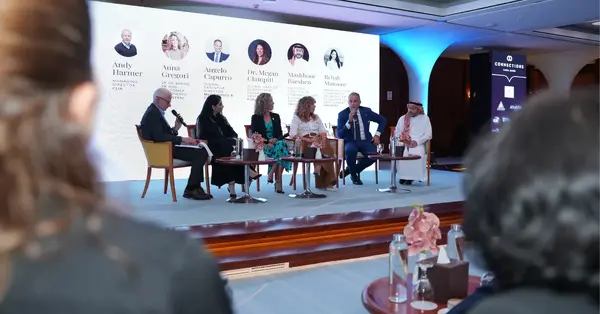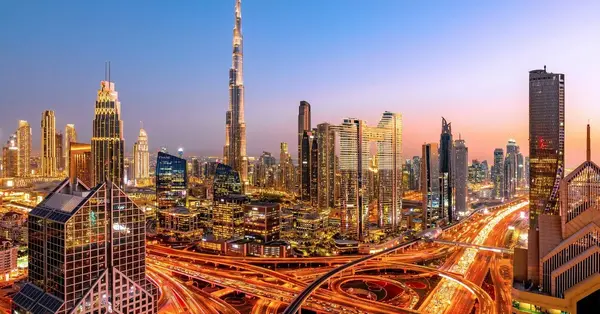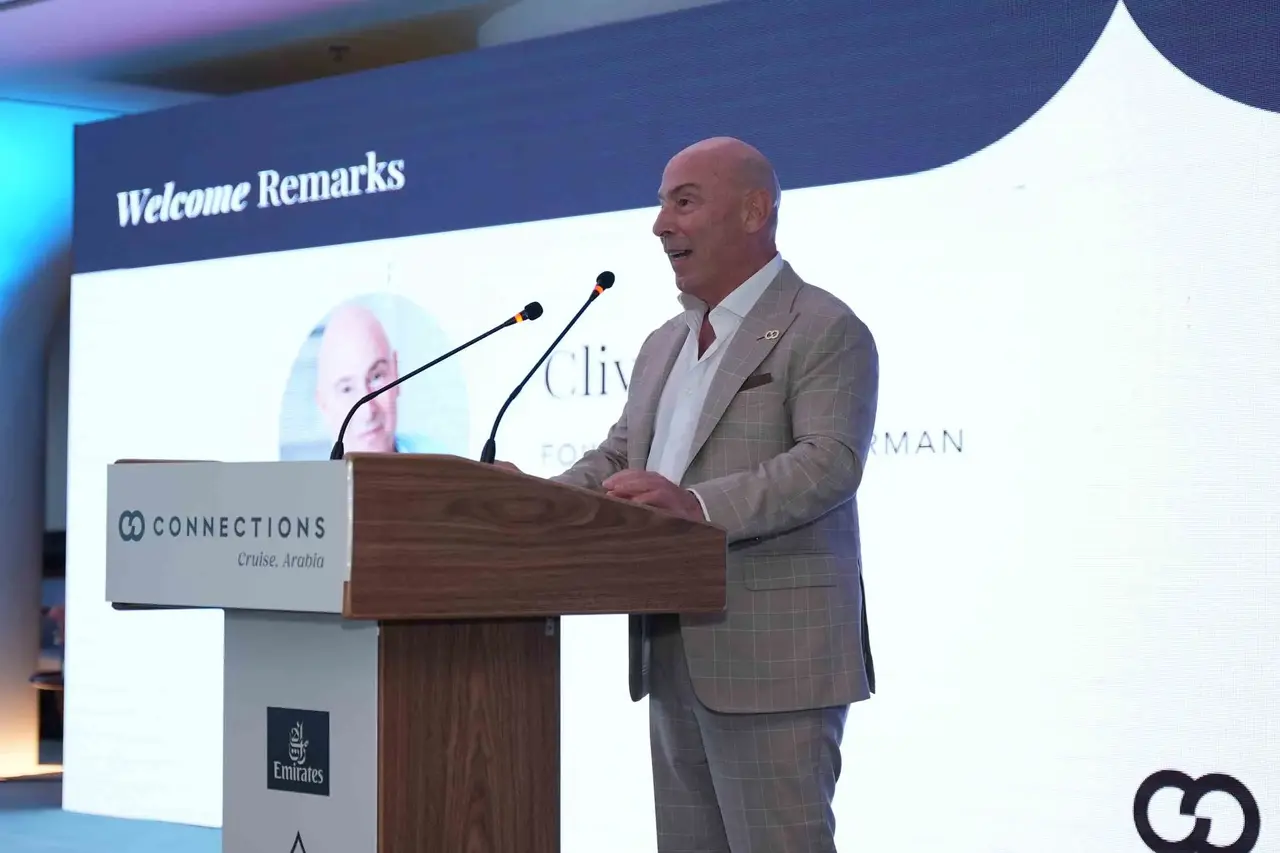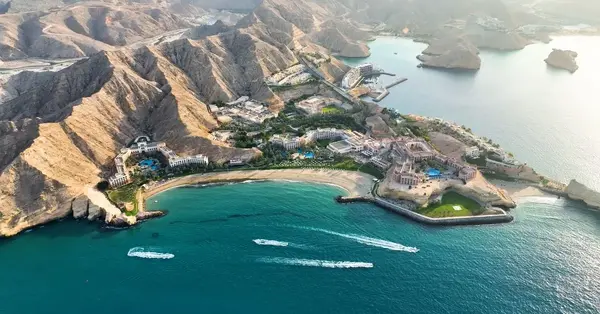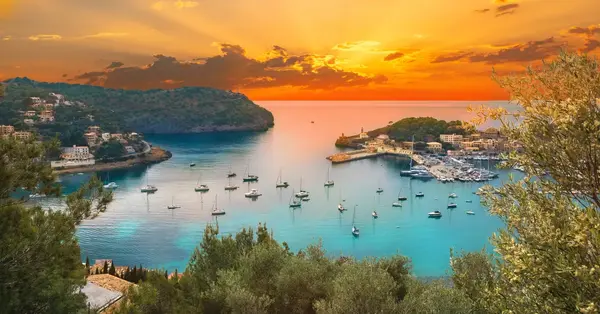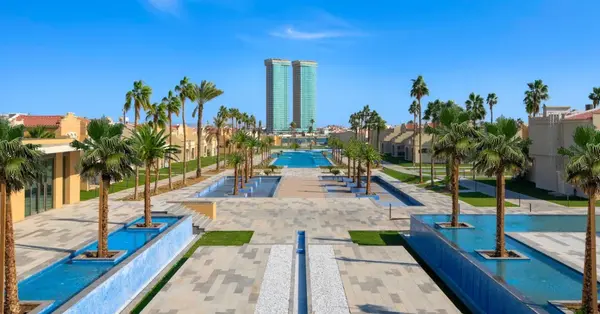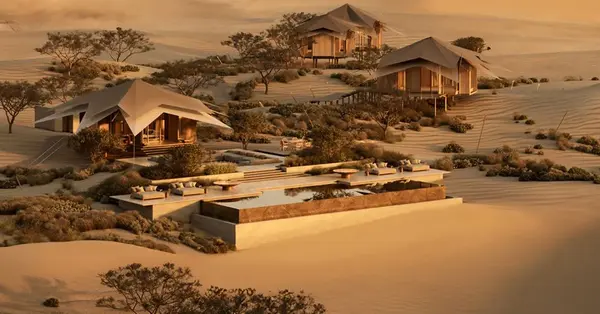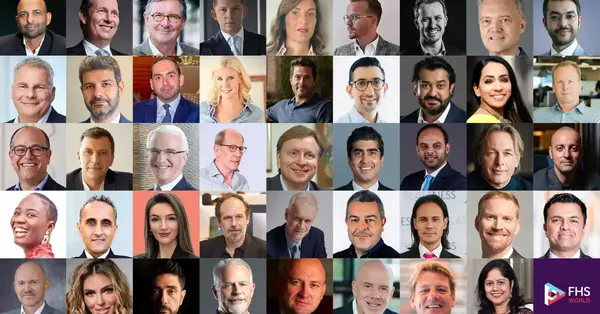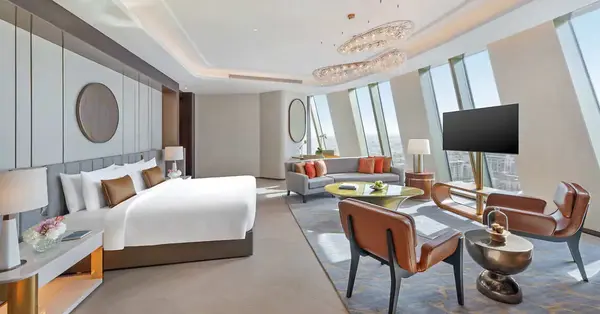You are viewing 1 of your 2 free articles
Interview: Omar Issa on Dur Hospitality's winning sustainability strategy
Dur Hospitality is a leading Saudi-grown hospitality company. Director of strategy, Omar Issa oversees the continuous articulation and execution of Dur's expansion strategy within KSA, and directly manages key strategic initiatives, including those related to sustainability. Sustainability success stories for the group include the new Marriott Riyadh Diplomatic Quarter becoming the first hotel in Saudi to be awarded a Gold LEED (Leadership in Energy and Environmental Design) certificate.
Connecting Travel spoke to Omar about Dur's future goals for sustainability and the role hotel guests have to play in achieving them.
CONNECTING TRAVEL: What is Dur's strategy for sustainability?
OMAR ISSA: We believe sustainability creates shared value across the value chain and, as a hotel developer and operator, we strive to embed sustainability into every new hotels' DNA, from the design stages all the way through to how the guest experiences our hotel. We also see great opportunities in deploying innovative technologies to further integrate sustainable practices in our existing hotels.
We also believe that people intrinsically enjoy natural environments and ethical practices, and value hotels that safeguard these elements while providing differentiated offerings. From our experience, both can be achieved through what we call "sustainability by purposeful design". This ensures that sustainability is part of empowering innovative design that provides a unique experience, rather than an afterthought or secondary priority.
CT: Can you share an example of how design has helped achieve Dur's sustainability goals?
OI: A good example is one of our most recent flagship hotels, Marriott Riyadh Diplomatic Quarter. This hotel's design was inspired by Riyadh's Wadi Hanifa Valley. The hotel intricately mimics the surrounding valley, not only with its beautiful natural topography and contours, but also in preserving the diversity of the valley, as it's home to around 6,500 indigenous Wadi Hanifa plants, and we've made sure that each type of plant is documented. The documentation is on display within the hotel's vibrant courtyard for guests to learn more.
Marriott Riyadh Diplomatic Quarter was also the first hotel in Saudi to be awarded the Gold LEED certificate
The Leadership in Energy and Environmental Design attests to the strict sustainable approach in constructing and operating the Marriott Riyadh Diplomatic Quarter hotel. Solar panels are used to provide energy, and every room and venue within benefits from ample natural lighting. The property is also home to an innovative wastewater technology and treatment centre that reduces water usage, while furniture is made from recycled wood.
CT: What can be done to improve sustainability at existing hotels?
OI: Existing hotels also have opportunities to develop sustainability strategies, given the investment in sustainable technologies and growing networks of partners. We have worked with Winnow Solutions to minimise food waste using artificial intelligence, and we've worked with Tadweer to collect and recycle electronic and electrical waste in both our hotels and corporate office.
SIGN UP NOW: GET THE CONNECTING TRAVEL DAILY NEWSLETTER
CT: Should hotels or governments set sustainability targets and policy for the hospitality industry?
OI: Regulators and policymakers can play a crucial role in enforcing a baseline for sustainability requirements and creating economic incentives for additional investments. But I would emphasise the role of creativity in this context, which most crucially has to stem from the developer's and owner's ethos and philosophy.
It's imperative that the hospitality industry contributes to the overall sustainability efforts
In Saudi, the industry's alignment with the national agenda as outlined by the Vision 2030 is crucial to address key areas such as the minimisation of food waste. The industry can play a pivotal role in achieving the national target of bringing down food waste by 50% by the year 2030. It can also contribute towards achieving the national targets of increasing domestic generation of renewable energy to 50% and cutting global methane emissions by 30% by 2030, with the ultimate goal of achieving net-zero emissions by 2060.
CT: Should government support or reward these targets?
OI: As sustainability typically requires additional capital to be paid upfront by investors, governmental incentives can play a crucial role in establishing the business case for such investments or improving the economic value, which should accelerate and guarantee the achievement of these targets.
CT: Has Dur seen a visible shift in consumer sentiment towards sustainability?
OI: There's a global demand for the hospitality industry to be an active player in sustainability. The hotel sector currently contributes 2% of the tourism industry's 5% of global CO2 emissions [source: UNWTO]. Discerning guests will take their business elsewhere if they believe that operators' sustainability values do not align with their own. And they are extremely vocal about their views. They want to understand that doing business with you is good for the local communities, safe for the environment and, by extension, the health of the planet.
Sustainability has become the key driver behind the long-term success of all businesses, which must step up efforts to meet consumer demands
CT: How can hotels best communicate their sustainability standards with potential guests?
OI: We strongly believe in embedding the sustainability story through purposeful design, allowing the hotel to speak for itself through touchpoints and other channels. In particular, we pay close attention to curating tailored content through social media to help guests understand our philosophy and the efforts we expend in building and operating hotels that they can enjoy today while they can rest assured they're not compromising the ability of future generations to do the same.
Join the Discussion
Omar Issa will be a panellist at the 'Why Sustainability is Key for the Future of the Hospitality Industry' discussion hosted by Connecting Travel Editorial Director Sarah Hedley Hymers at the Future Hospitality Summit, taking place at Riyadh Airport Marriott Hotel, Riyadh, Saudi Arabia, 4pm to 4.40pm, Tuesday 24 May 2022. For more information, visit www.futurehospitalitysummit.com



